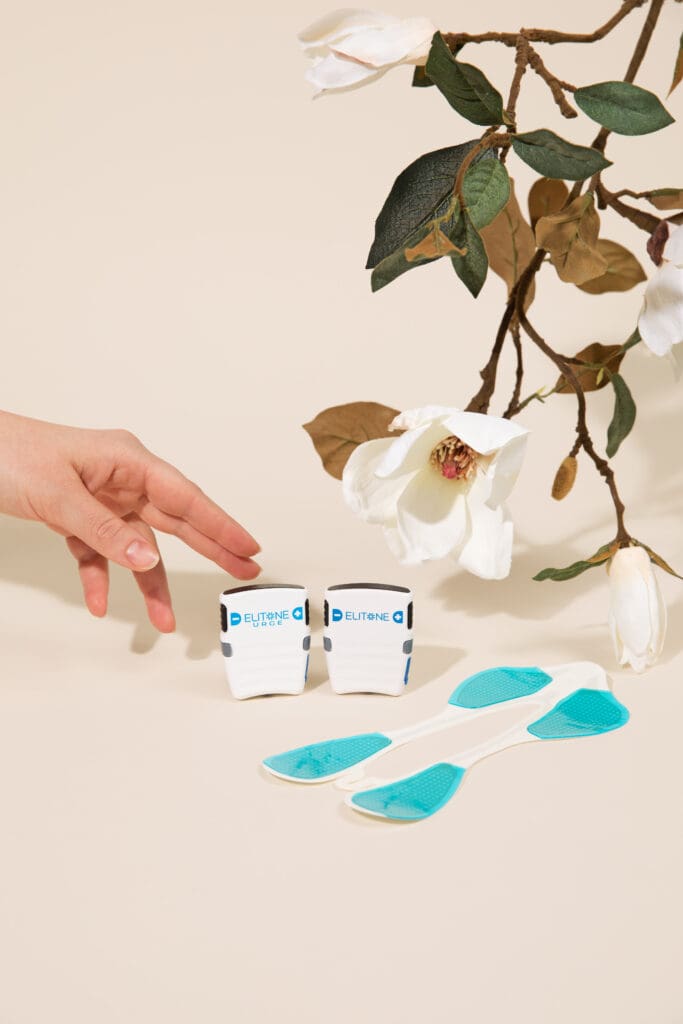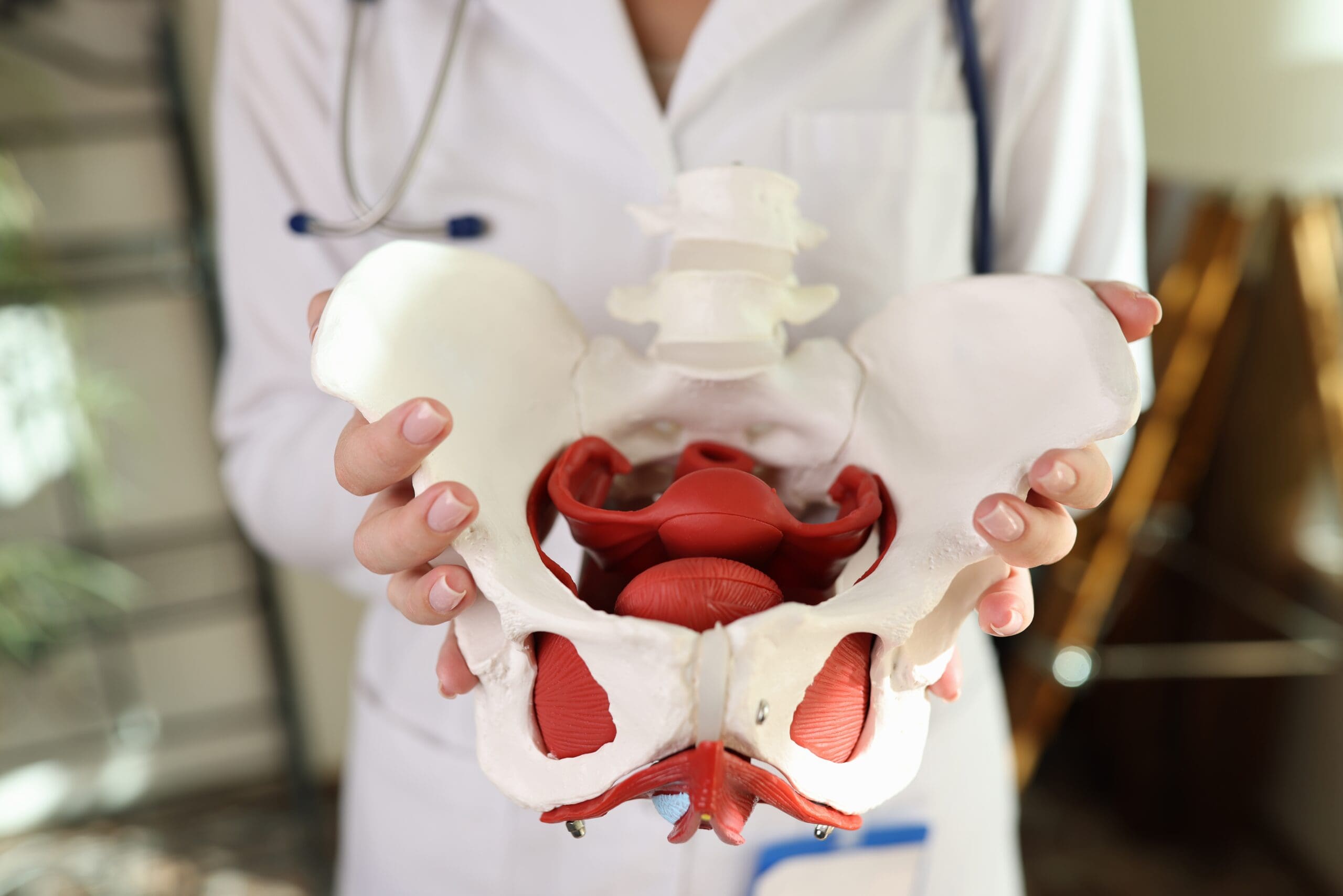Did you know that one in three women will experience a pelvic floor disorder? Luckily, there are various ways to prevent this. We chatted with Gloria Kolb, the CEO and co-founder of Elitone, about why strengthening your pelvic floor is crucial for health and fitness, especially with all the outdoor activities that come with summer. —Noa Nichol


Gloria, can you explain why pelvic floor health is crucial for women, particularly with the increase in physical activities during the summer?
Sometimes, women’s pelvic muscles are never put to the test while they are sitting at a desk all day. With the increased physical activities in nice weather, they may realize that they have worse pelvic issues than they initially thought. It’s important because a lack of pelvic health can interfere with and put a damper on all sorts of activities.
One in three women will experience a pelvic floor disorder. What are some effective preventative measures that women can take to maintain a strong and healthy pelvic floor?
Kegel exercises, or pelvic floor exercises, are key for all sorts of reasons. I spoke with a woman today who had no kids and didn’t leak, but she knew it was coming. Because it’s hard to do Kegels correctly (1/4 do them incorrectly) and hard to do them sufficiently, now is the time to get educated on how to do them. There’s no shame in using extra help that can speed up improvement/health, like Kegel exercises (Elitone makes it easy).
Outdoor activities like running, hiking, and swimming are popular in the summer. How can these activities impact pelvic floor health, and what advice do you have for women to protect their pelvic floor during these activities?
High-impact activities can worsen pelvic floor health, as every step your pelvic floor has to brace for the impact. This includes running, hiking, and horseback riding. Swimming is low-impact and great for overall health. While they are not doing those activities, women can do other things to strengthen their core, learn proper breathing techniques (don’t hold your breath, which can push downwards on your pelvic floor), and strengthen those pelvic muscles.
Can you tell us more about how Elitone works and how it can help women strengthen their pelvic floor muscles? What sets it apart from other methods or devices available on the market?
Elitone is a wearable device that is placed externally (where a pad goes) to gently do 100 of those Kegel exercises for you in a 20-minute treatment. For one, Elitone has high efficacy because it does the exercises for you (using the correct muscles) and it does them longer and stronger than you could. (There are Kegel exercisers out there that just give you feedback, but you have to do all the work.) Secondly, because it is external and comfortable, you can get dressed and do other things, so it doesn’t take up your time. It has to be easy, or you won’t keep doing it. Finally, it is the only tool that also helps with some overactive bladder issues as well as weak muscles.
Do you have any success stories or testimonials from women who have used Elitone? How has strengthening their pelvic floor impacted their overall health and quality of life?
There are lots on Elitone’s reviews page. A few come to mind: a 72-year-old woman who never left her house anymore because she was tethered to the bathroom is now pad-free and going out. A young 37-year-old who was depressed because she felt she was too young to have incontinence and too young to get surgery, so she felt hopeless—she has confidence now. And a 57-year-old woman who didn’t date or go anywhere because of her incontinence, but after using our device, got a new life—new puppy, started traveling all over the country, and started dating. Essentially, bladder leaks can affect people’s emotional and mental health much more than they realize, and it is so gratifying to be able to help change their lives for the better.

Be the first to comment